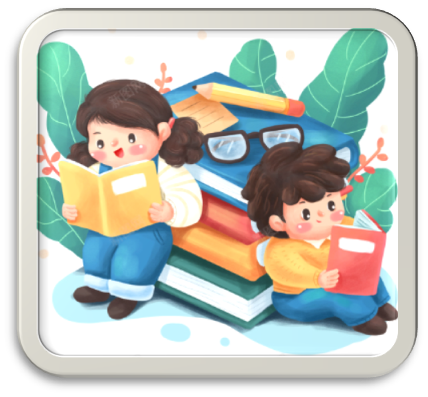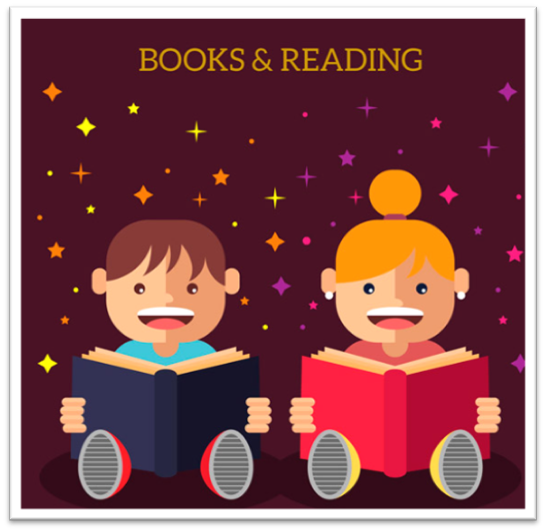With the continuous development of society, strengthening the development of Mandarin among Singaporean school-age children is a necessary path. Language is a cognitive system that endows sound, text, gestures, and other symbolic meanings.
In the overall system of language, it also includes oral language for listening and speaking, written language for reading and writing, as well as branch systems such as body language and sign language.
Children’s written language ability refers to their ability to read and write. Parents often overlook that young children have already gained a lot of knowledge and skills in reading and writing from their living environment before receiving formal literacy education.

If parents hope to improve their children’s reading and writing abilities in a targeted manner, they first need to understand the general process of strengthening the development of Mandarin among Singaporean school-age children. In the “Reading and Writing Series”, we will take you to understand the development milestones of children’s reading and writing, as well as some practical skills to promote children’s reading and writing abilities.
Monument to the Development of Children’s Reading Ability:
3-4 years old
Be able to recognize familiar signs and words, such as restaurant signs, signs and names on food packaging, and place names on street signs.
Be able to say some words and phrases from a story or book.
Be able to recognize and occasionally say rhyming short sentences (such as little swallows, wearing floral clothes, coming here every spring), and words with the same initial consonants (such as kites and airplanes)
4-5 years old
When reading picture books together, it is possible to distinguish whether the parents are reading the text on the book or talking about the pictures in the book.
Pretend to read and tell stories based on memory, and be able to recognize some common Chinese characters.
Understand that the words on the item are related to it and that each word has a corresponding pronunciation.
5-6 years old
When reading, they will point out and say the Chinese characters, letters, or numbers they know. And began to recognize some uncommon words.
When children can understand the content of picture book stories through two information channels: pictures and text, their reading ability gradually develops from learning to reading to acquiring information through reading.
Discuss topics that interest children: Parents need to always remind themselves that children are not passive listeners in reading, but active participants. The purpose of parent-child reading is to cultivate children’s reading interest and develop reading habits.
So, to continuously promote children to become the leaders of reading, it is necessary to take the children’s interests as the starting point. The role of parents in parent-child reading is to guide, inspire, assist, rather than lead. Only when children are interested in topics can they have more thinking and willingness to express themselves.
Pay attention to the logical structure and language expression of children’s communication from the perspective of their language development. Parents should encourage their children to express their thoughts and viewpoints, regardless of whether they are right or wrong, and encourage them to dare to express and actively think.

During the child’s expression process, it is possible to observe whether the logical structure of their expression is clear.
Of course, the logical thinking of children only begins to develop after the age of 7, but this does not mean that before the age of 7, their speech is all topsy-turvy, allowing children to recall stories, tell stories in their own words, and use the order of pictures, characters, and plot development to promote children’s logical expression, which helps children understand the content of picture book stories, the development of its logical thinking is also tempered in this process.
Parents can also observe whether their children’s spoken language is rich from their expression. If their language is too simple, parents should not take the place of arranged help, but should provide supportive assistance, inspire and guide children to express themselves in more complete and coherent sentences.
From the perspective of children’s independent reading ability development, pay attention to whether children consciously use basic reading strategies in reading. We have already introduced four basic reading strategies that play an important role in understanding content.
These reading strategies are not meant to be used by children, but rather to be applied by parents in reading. At the same time, we guide children to feel and experience these reading strategies while reading. As children accumulate reading experience, they gradually internalize them as part of their reading abilities.
Parents observe their level of understanding of the story, the logic of their language expression, the richness of their oral accumulation, and the creativity and depth of their expressed content when they express themselves.
In the development of strengthening the development of Mandarin among Singaporean school-age children, we also encourage them to express themselves in ways that are not limited to language expression.
They can also engage in many extended activities through picture books, such as props, handicrafts, graffiti, performances, dramas, and other forms of expression. These expressions are not only full of fun, but also rich in form, integrating imagination, creativity, understanding, and expression, playing an important role in children’s understanding of stories and life.
The development of children’s reading ability has its inherent laws, requiring parents to grasp the critical period of children’s learning basic reading ability and know what support parents can provide in parent-child reading? What kind of environment should we create?
What guidance will be provided? Understanding the strengths and weaknesses of one’s own children in reading development, and providing targeted guidance and assistance, can help children become truly independent readers.
